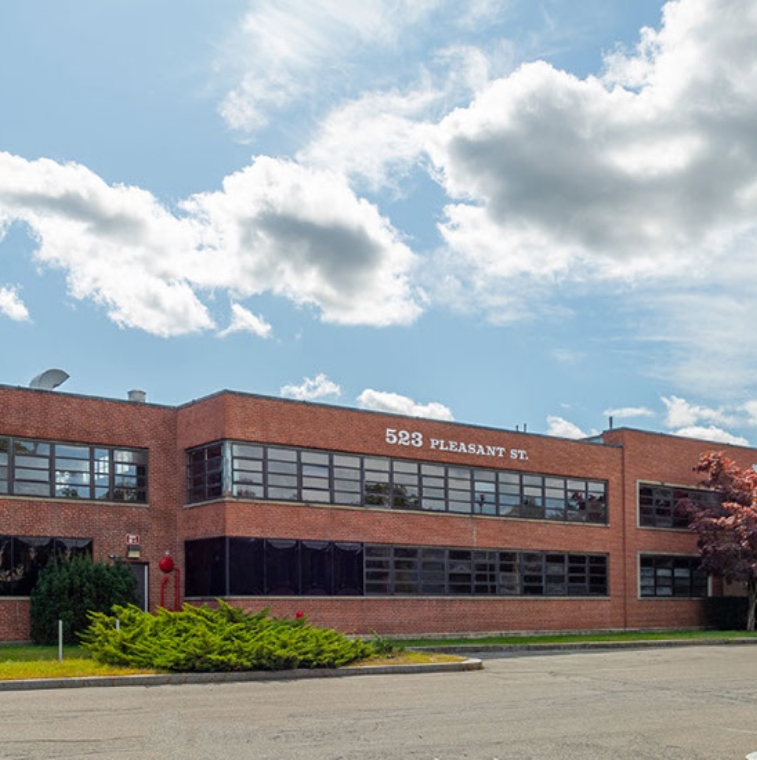VMD Companies – Mastering Opportunities, Amplifying Returns. A New England firm built on entrepreneurial spirit and expertise across all asset classes





VMD Companies is currently under construction at the Campus of Innovation Way, a 122-acre site located in Fall River, MA.
VIEW PROJECT



In October 2020, VMD acquired 50 John Hancock Road, a 151,306 square foot building in located in Taunton, MA.
VIEW PROJECT
In October 2020, VMD acquired 523 Pleasant Street, a 178,800 square foot building in located in Attleboro, MA.
VIEW PROJECT

VMD acquired the former Macintosh College located off of Route 16 in New Hampshire’s Seacoast, an area widely considered the state’s economic hub.
VIEW PROJECT

VMD’s mission and investment strategy is to produce strong financial returns by engaging in opportunistic, value add investments in commercial real estate by acquiring and developing assets well below their intrinsic values and replacement costs. VMD is consistently analyzing and monitoring micro and macro trends to best capitalize on market dislocation, off market investment opportunities, and investment verticals poised for strong income growth and capital appreciation via a detailed underwriting approach quantifying the level of risk commensurate with returns. With capital preservation of the utmost importance, VMD strategically identifies investments that are poised for short- and long-term income upside, are intrinsically undervalued, offer mark to market income opportunities over the short term, and provide a predictable and secure durable income stream with capital appreciation characteristics.
VMD manages its investment program with an institutional lens in transaction underwriting/structuring, asset and portfolio construction, asset management, buy/sell analysis and investment optimization, property management, financial reporting, construction management, and a full spectrum of development services from entitlements to development/construction oversight. We have deep roots with our third party sub consultants, with our relationships averaging in excess of 20 years. We are equipped with the most advanced prop and fintech but firmly believe that there is absolutely no substitute for a personalized, hands-on, approach.
VMD seeks out ground up development opportunities in supply constrained markets with significant barriers to entry. With a strong background in land entitlement and permitting, VMD is able navigate the various obstacles required to take a raw piece of land and turn it into an operating cash flowing asset. VMD works closely with local government and permitting agencies along with community members to ensure that our development projects are welcomed and supported along with implementing the latest ESG mandates desired in the investment community. In addition to its ground up development program, VMD identifies assets that can be acquired and repositioned, below replacement cost, through a capital investment program providing an opportunity to significantly increase in place cash flows and asset valuations.